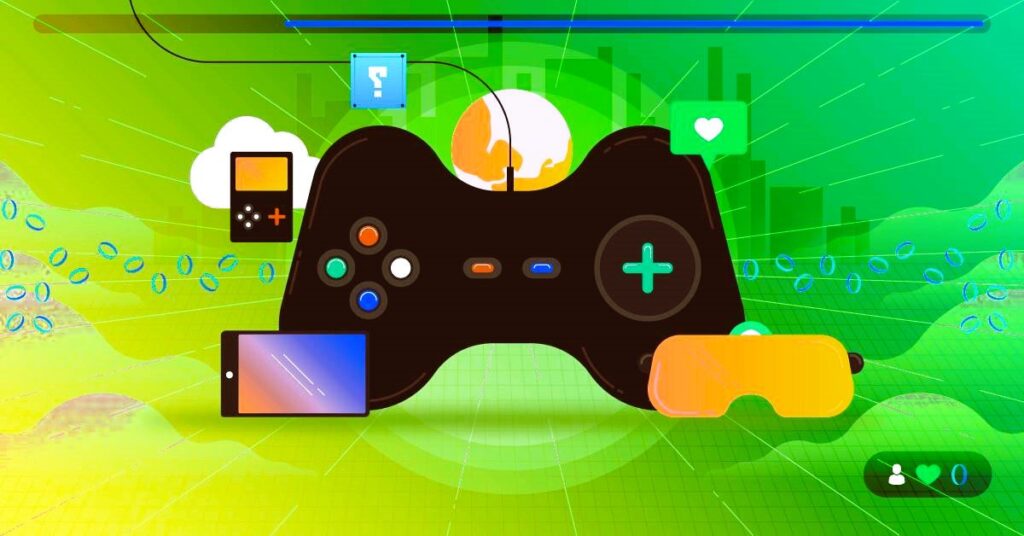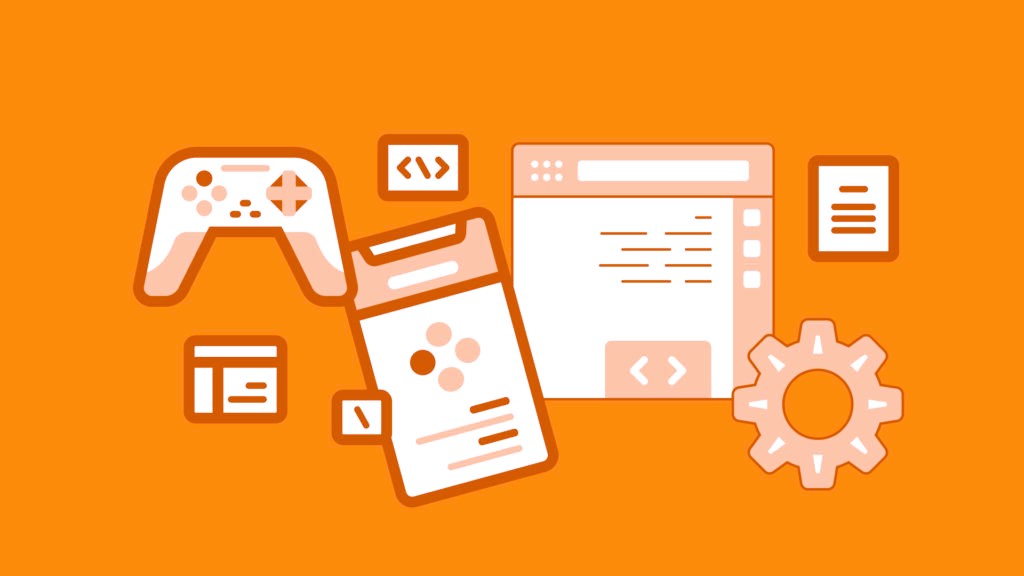Video games have long been a source of controversy and debate, with concerns raised about their potential negative effects on players. However, research suggests that gaming can also have positive impacts on various aspects of cognitive and physical development. In this article, we’ll explore how games contribute to the development of creativity, logic, and coordination, and debunk some common misconceptions about gaming’s influence on these areas.
1. Creativity
Contrary to popular belief, video games can actually foster creativity in players by providing them with opportunities to explore, experiment, and express themselves in virtual worlds. Many games offer creative tools and customization options that allow players to design and build their own levels, characters, and game experiences. For example, sandbox games like Minecraft and LittleBigPlanet encourage players to use their imagination to create unique structures, landscapes, and gameplay mechanics.
Moreover, games with open-ended gameplay and nonlinear storytelling provide players with freedom and agency to make choices and solve problems in creative ways. By engaging in activities such as puzzle-solving, resource management, and strategic planning, players develop critical thinking skills and learn to approach challenges from multiple perspectives. These cognitive processes stimulate the brain’s creative centers and help foster a mindset of innovation and problem-solving.
2. Logic
Logic is another area of cognitive development that can be enhanced through gaming. Many video games, particularly puzzle games and strategy games, require players to use logic and reasoning to solve problems and overcome obstacles. Whether it’s navigating a maze, deciphering a complex puzzle, or strategizing in a multiplayer battle, games challenge players to think critically and apply logical principles to achieve their objectives.
Furthermore, games often incorporate elements of mathematics, physics, and computer science, providing players with opportunities to practice and apply logical concepts in a fun and engaging context. For example, games like Portal and The Witness feature intricate puzzles that require spatial reasoning, pattern recognition, and deductive reasoning to solve. By engaging in these mental exercises, players sharpen their logic skills and develop a deeper understanding of logical principles.

3. Coordination
Gaming can also have a positive impact on physical development, particularly in the area of coordination and motor skills. Many video games require players to use precise movements and hand-eye coordination to control characters and interact with virtual environments. Whether it’s maneuvering through a platforming level, executing complex combos in a fighting game, or aiming with precision in a first-person shooter, gaming challenges players to develop and refine their motor skills. Game development for mobile devices, we have collected the best practices and trends.
Furthermore, research suggests that action-oriented games, such as sports games and action-adventure games, can improve reaction times, spatial awareness, and hand-eye coordination in players. By engaging in fast-paced and dynamic gameplay, players develop muscle memory and fine-tune their reflexes, leading to improved coordination and motor control both in-game and in real life.
Conclusion
In conclusion, video games have the potential to positively influence various aspects of cognitive and physical development, including creativity, logic, and coordination. Contrary to common misconceptions, gaming can foster creativity by providing players with opportunities to explore, experiment, and express themselves in virtual worlds. Moreover, games challenge players to think critically and apply logical principles to solve problems and overcome obstacles, enhancing their logical reasoning skills. Finally, gaming can improve coordination and motor skills through precise movements and hand-eye coordination required in gameplay.
For further reading on games and development, you can visit the following websites:
- Wikipedia – Video Game Development
These resources provide valuable insights and information on the relationship between gaming and cognitive and physical development, including research findings, expert opinions, and discussions on the topic. Whether you’re a gamer interested in understanding the cognitive benefits of gaming or an educator looking to incorporate games into the curriculum, these websites offer a wealth of resources to explore.

